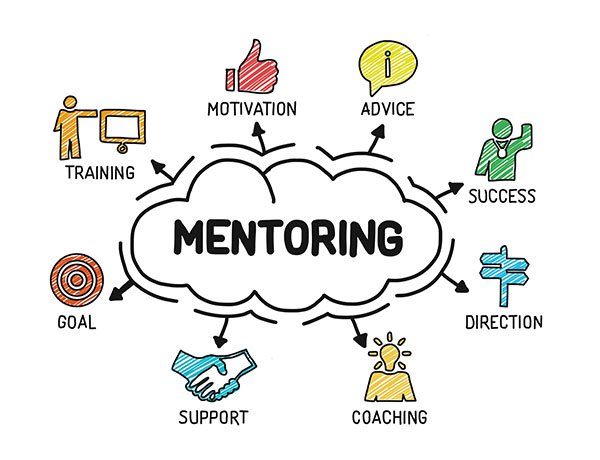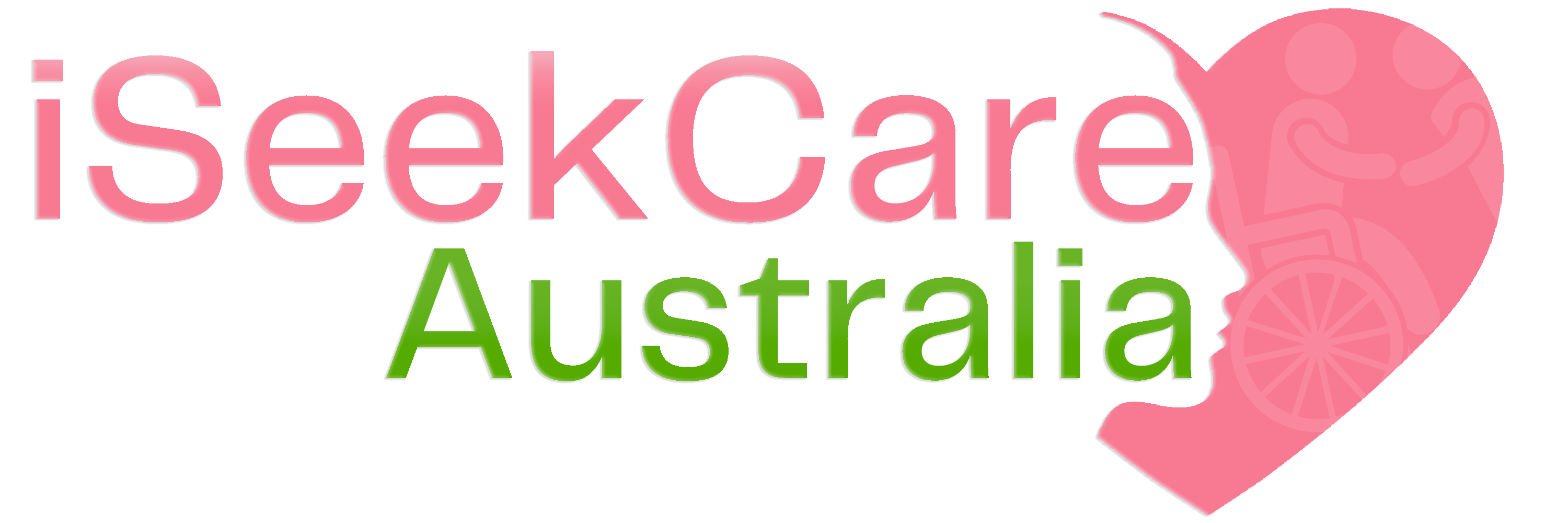Empowering Success: The Role of Mentorship in the Induction of Disability Support Workers
Starting a career as a support worker for people with disabilities can be both challenging and rewarding. Disabilities vary, and providing the right support and care can be daunting for new employees. Furthermore, this is where mentorship programs come into play – taking them under the wing of experienced workers and guiding them through the process can greatly impact their success. In this blog post, we will explore the role of mentorship in the induction of disability support workers and why it is such an effective tool for success.

1. Creating a Safe and Supportive Environment:
Mentorship programs create a positive environment that clients and disability support workers can thrive in. Similarly, through these programs, new workers are introduced to the prevailing ethos of the organisation, other staff members, and clients. Also, they are also made to feel valued and appreciated right from day one.
2. Building Confidence and Skills through Mentorship:
The goal of mentorship is to help support workers gain practical knowledge and experience necessary for success in their role. Furthermore, mentors are experienced individuals who can provide guidance, share their experiences, and help create the necessary skillsets for success. Similarly, they also serve as a safe space for new employees to ask questions, get feedback, and seek advice. Also, through mentorship, disability support workers are empowered to develop both their practical and communication skills.
3. Support and Encouragement through Mentorship:
Starting a new job can be overwhelming. Furthermore, mentorship programs specifically designed to support new employees can ease the transition, reduce anxiety and provide encouragement. Likewise, mentors offer emotional and physical support, which can prove to be a real game-changer for those adapting to the intensity of the job.
4. Creating a Sense of Community through Mentorship:
Through effective mentorship, workers are brought into a community of people who are committed to the same goal: supporting people with disabilities. Similarly, it becomes a shared mission of which everyone is a part of. Also, it underscores the importance of teamwork, support, and creates a sense of purpose.
5. Succession Planning:
Mentorship programs can help organizations build and develop leadership skills in future support workers. Through these programs, workers are encouraged and mentored towards leadership positions within the company. Similarly, this creates a path for growth, improves retention rates, and ensures that the organisation is always in good hands.
Conclusion:
In conclusion, the success of disability support workers is vital to the success of the clients they serve. Effective mentorship programmes stand out as an essential tool that organisations can use to develop practical and communication skills, boost employees’ confidence, build a sense of community, and offer emotional support. Similarly, these programs can significantly improve retention rates, ensure effective succession planning, and create a positive work environment that will ultimately lead to the success of the organisation. Lastly, mentoring is an investment in employees, and the results of that investment are invaluable.



